There’s a pretty funny “in joke” in the opening scenes of the new Australian film Kangaroo Island.
Shortly after we meet Lou Wells (played by Rebecca Breeds) – an ex-pat Australian actor trying to make her Hollywood dream come true in Los Angeles – we learn her only real success to date has been playing a dubious character in a popular TV soap drama.
The joke, in case you missed it, is that Breed’s real-life launching pad was Home & Away. Although, if her performance in this film (along with her lead role in the 2021 series Clarice) is anything to go by, her career is on a much more successful trajectory than the train-wreck character of Lou Wells.
Home calling
After what appears to be a drunken one-night stand (not the first, we suspect) Lou gets a message from her dad Rory (Erik Thomson). He wants her to come home, and is so adamant he has even sent her the plane ticket.
At first, Lou appears to have no intention of giving up on her dream – and no intention of using the ticket.
However, as the viewer, you know she will get on that plane – and you suspect there’s a serious reason for Rory wanting his daughter to come home so suddenly.
This is the beginning of what turns out to be one of the many strengths of Sally Gifford’s first screenplay. It’s easy to become disinterested in a film when the telegraphed plot plays out the way you think it will. After all, why care about the story if you’re already ahead of it?
But Gifford and first time director Timothy David manage to sidestep this problem. They let you guess what’s going to happen, yet still surprise you when the inevitable unfolds – drawing you further into the story in a satisfying way.
Maslow Entertainment
An excellent island casting
Home for Lou, as you might have guessed, is on Kangaroo Island – a small paradise off the coast of South Australia that’s also home to an amazing array of wildlife, nature reserves and the Flinders Chase National Park.
Against this backdrop we meet the rest of Lou’s family: her dad Rory, her sister Freya (Adelaide Clemens), Freya’s husband Joel (Ben Roberts), their kids Teddy and Alby (Bodhi and Forest Palmer), Aunt Rose (Julie Wood), and Lou’s best friend Todd (Louis Henbest). This impressive ensemble cast believably portrays both the bonds and tensions that make for a compelling family picture.
The other very good piece of casting is Kangaroo Island itself. There is never a sense that it’s there just for its postcard tourism value (although it’s hard to not want to visit once you’ve seen it through cinematographer Ian McCarroll’s lens).
Rather, you can feel the deep connection between humans and nature in the island, as well as its vulnerability to exploitation in the wrong hands.
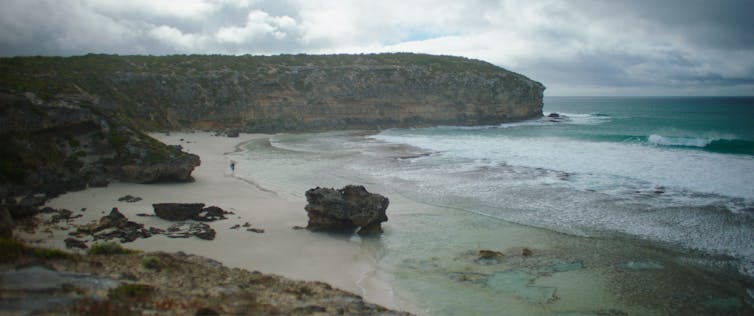
Maslow Entertainment
The film has strong themes of death, grief, jealousy, betrayal and spirituality, which belie its often very light comic touch. Gifford and David confidently navigate between the serious and the humorous without running aground on moments that are too dark, or too flippant.
The humour will be relatable to anyone who doesn’t have a perfect family, or anyone who loves their family despite its imperfections (in other words, everyone).
One running gag about some lost luggage is so well peppered it’s hard to not laugh out loud when it finally reaches its punchline – albeit at the dramatic high point of the story.
A dramatically flat moment
If I were to pick one point of weakness in the film, it would be Freya’s long monologue that takes place by Lou’s beside while she’s sleeping.
Overall, Gifford’s screenplay deftly handles both the siblings’ present-day story and backstory, in a way that helps us understanding the subtle family dynamics.
So it’s jarring when this mostly static monologue, full of exposition, is delivered as though trying to cover all the points that haven’t yet been explained, in one efficient but dramatically flat moment.
This quibble aside, Kangaroo Island is a highly enjoyable and engaging film that lets its deeply emotional aspects sneak up on you. Even as you see them coming, they arrive fresh and surprising.
Kangaroo Island is in cinemas now.
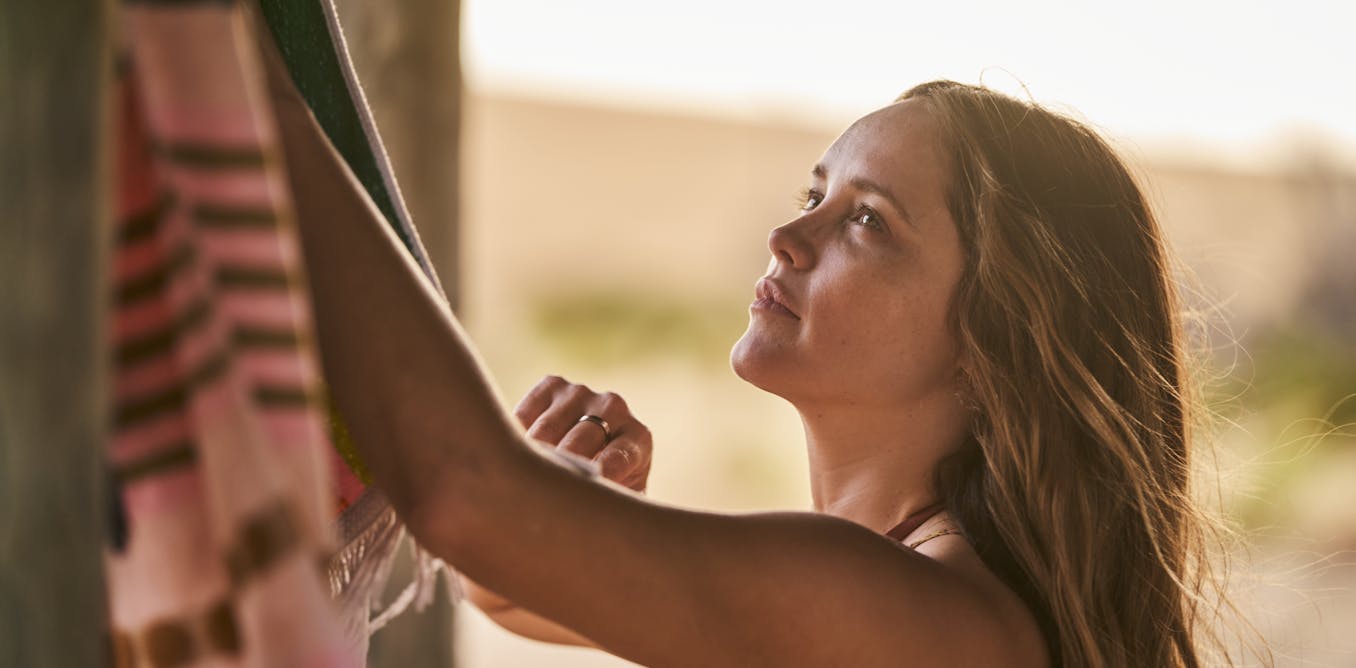
The post “Kangaroo Island is a quietly powerful Australian debut that explores family, grief and belonging” by Chris Thompson, Lecturer in Theatre, Australian Catholic University was published on 08/21/2025 by theconversation.com







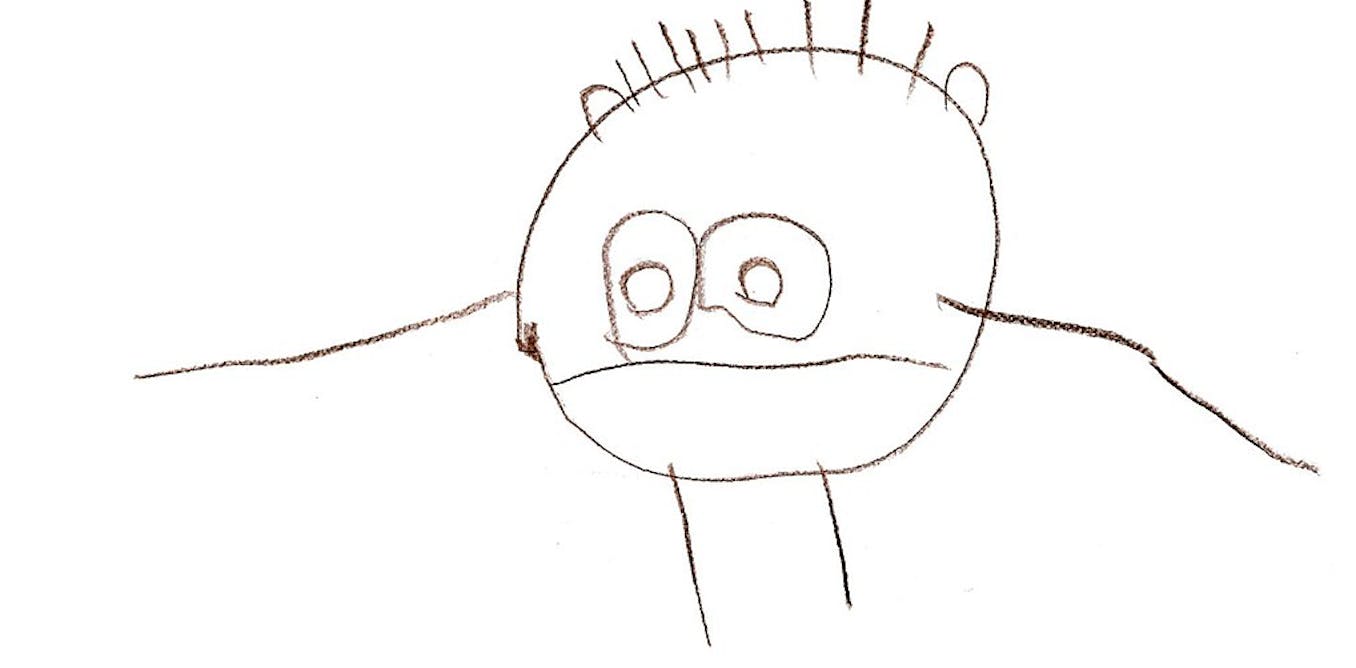




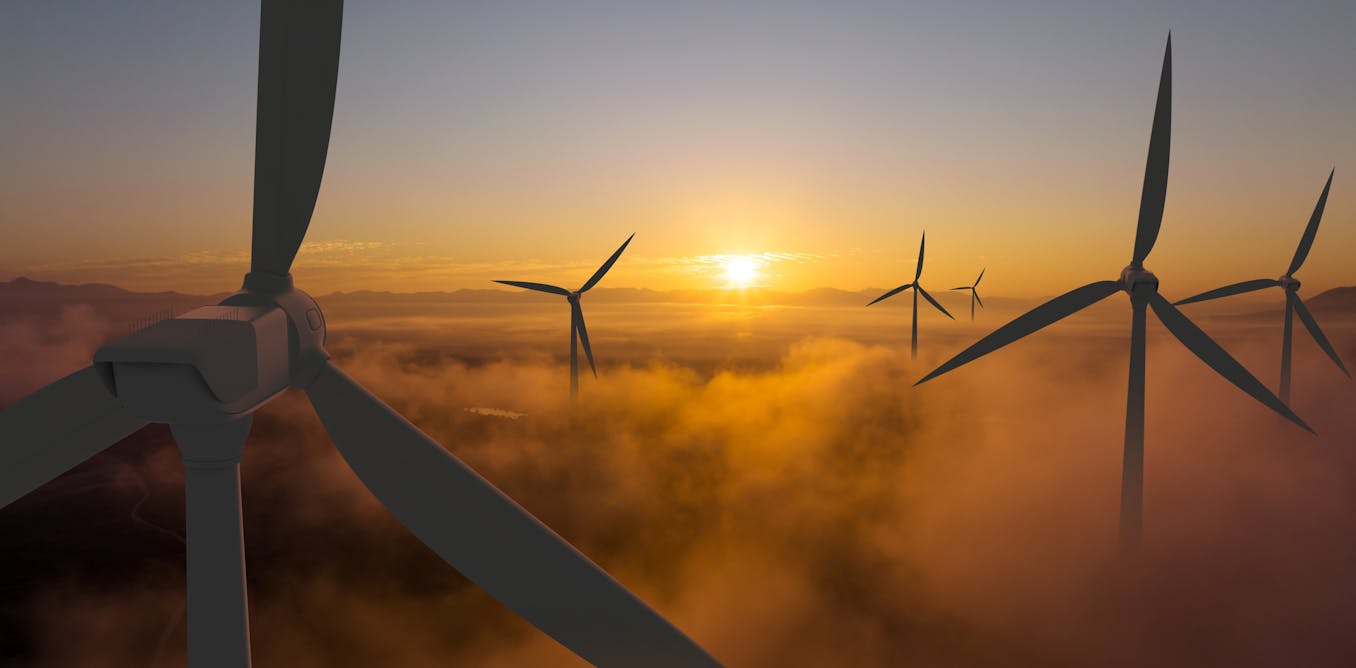
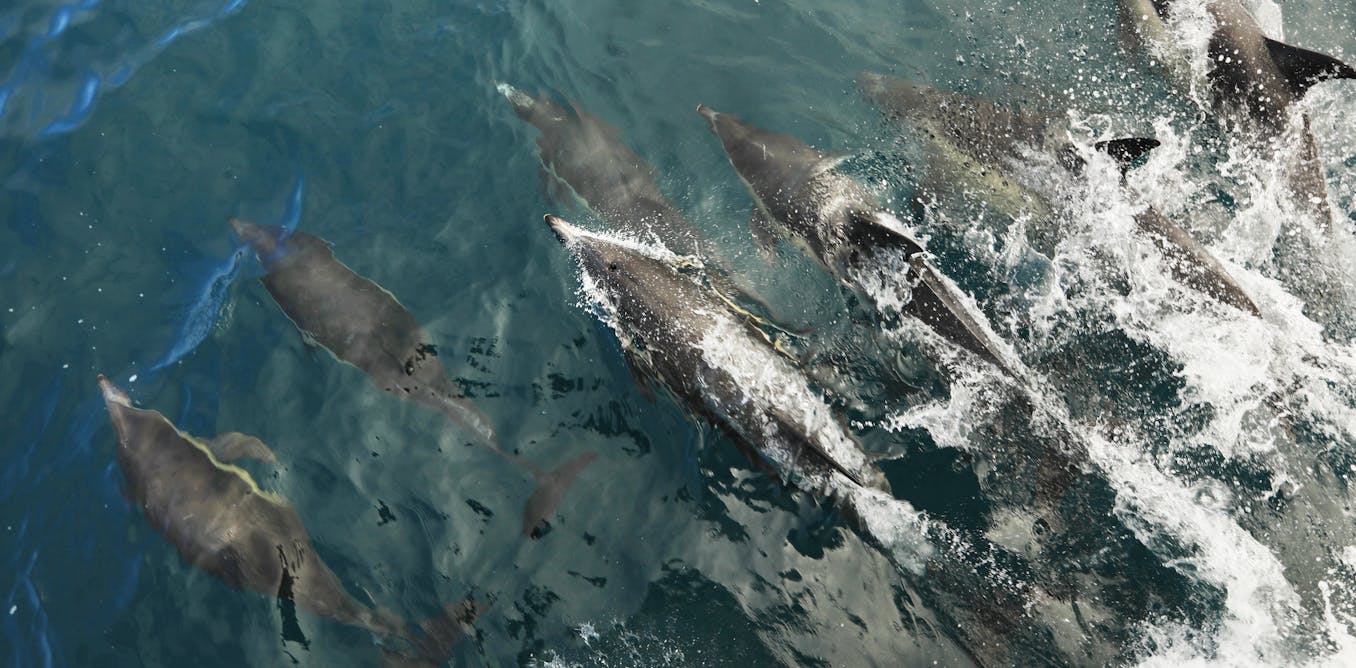





















Leave a Reply